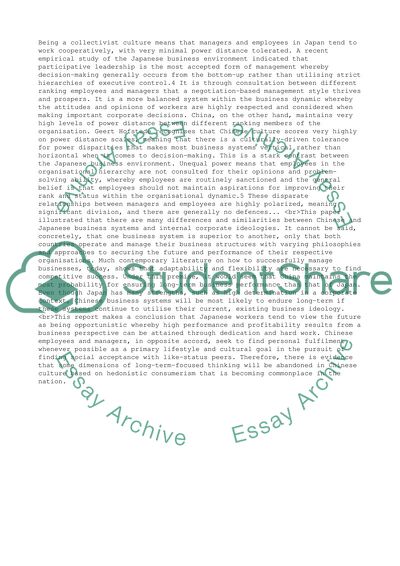Cite this document
(“A Comparison of Business Systems Between Japan and China Essay”, n.d.)
Retrieved from https://studentshare.org/business/1490482-a-comparison-of-business-systems-between-japan-and-china
Retrieved from https://studentshare.org/business/1490482-a-comparison-of-business-systems-between-japan-and-china
(A Comparison of Business Systems Between Japan and China Essay)
https://studentshare.org/business/1490482-a-comparison-of-business-systems-between-japan-and-china.
https://studentshare.org/business/1490482-a-comparison-of-business-systems-between-japan-and-china.
“A Comparison of Business Systems Between Japan and China Essay”, n.d. https://studentshare.org/business/1490482-a-comparison-of-business-systems-between-japan-and-china.


